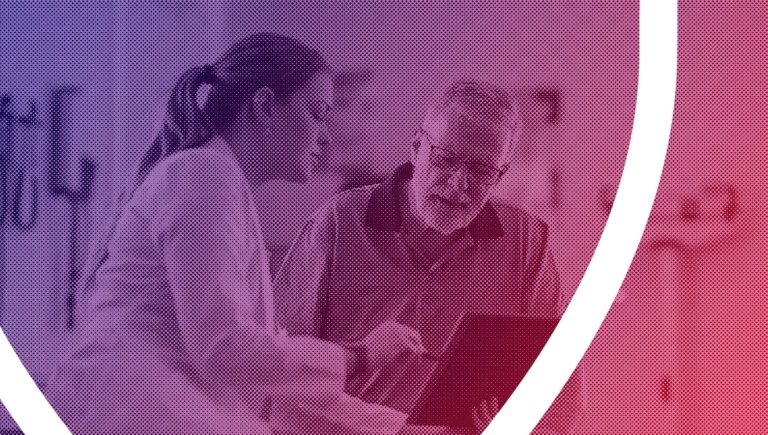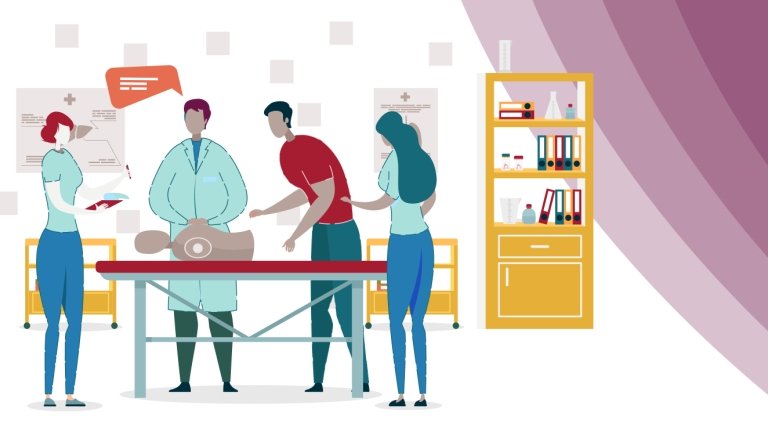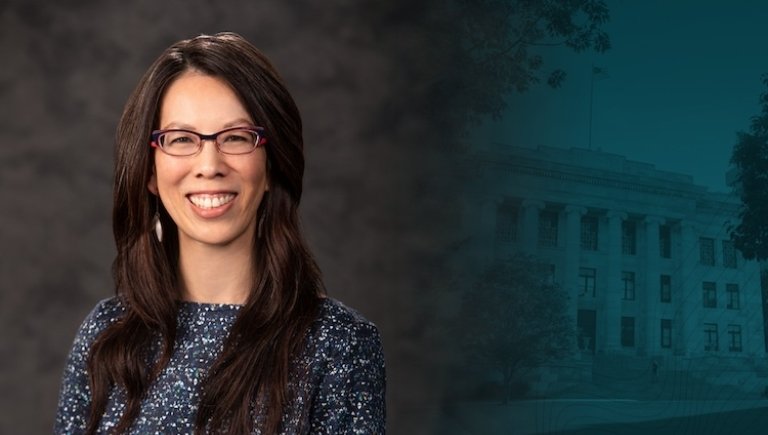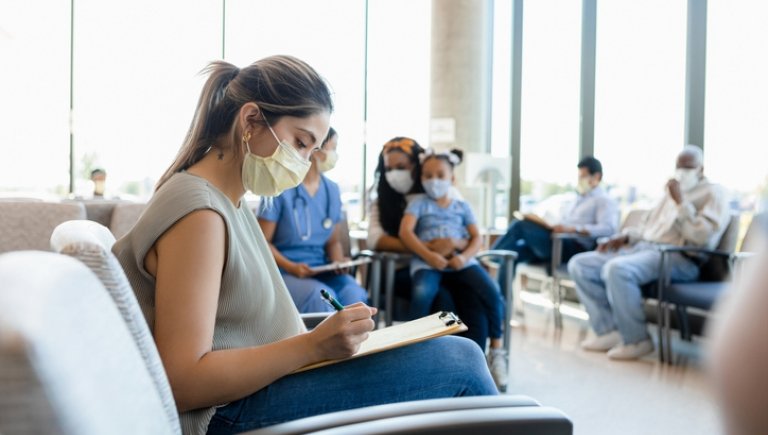All Insights
Exploring the science, practice, and business of medicine.
Exploring the science, practice, and business of medicine.
Showing 10 out of 44 Insights
The field of stem cell medicine is at a defining moment—brimming with potential, but also complicated by hype, misconceptions, and, in some cases, significant risk for patients. For health care professionals, especially clinicians, keeping pace with advances is essential.

“Simulation has really changed the way that health care providers learn, practice, and achieve competency."

In her new role, Dr. Lerwill will work to to align programs with evolving health care education needs.

Biases are inadvertently programmed into AI systems and, as a result, can have a negative impact on patient care.

Whether you are working with a new team or have inherited a pre-existing one, it’s important to remember that the team dynamics that precede you will have a significant impact on your new role.

Medical school educators now understand that teaching is, itself, a teachable skill that can be honed regardless of one’s background and level of expertise—and that the earlier trainees learn to teach, the more effective they will be as educators.

Empathy goes beyond simply understanding symptoms and probes into patients’ personal experiences. It involves an authentic connection, a kind of emotional kinship, that reassures the patient of being seen, heard, and valued.

Health care business professionals can improve patient outcomes and reduce health inequities by championing the health care needs of the LGBTQIA2+ community.

The lack of diversity in clinical trials can have significant consequences for public health. If they only include participants from a narrow demographic group, the results may not accurately represent the broader population. This can result in drugs and treatments that are less effective or even harmful for certain groups of people.

What is one of the most important things patients look for in health care? If you said “empathy,” you would not be wrong. Patients report that empathy and compassion are just as important as training and experience when it comes to choosing a physician.
